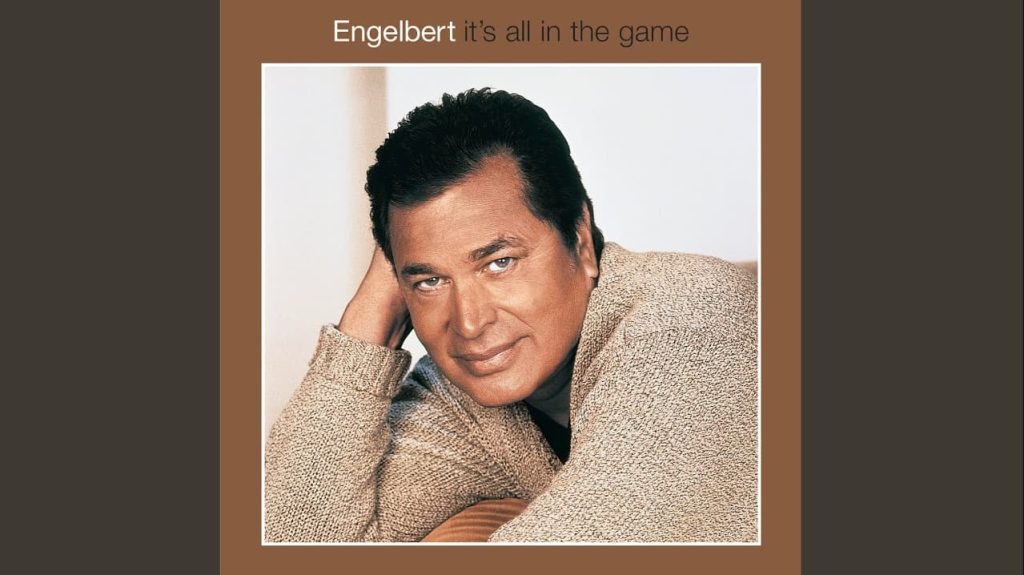
Engelbert Humperdinck’s Timeless Hit: “Release Me”
In the annals of music history, few songs have the distinctive honor of altering the course of chart rankings quite like Engelbert Humperdinck’s rendition of “Release Me.” This classic tune, originally penned by Eddie “Piano” Miller and Robert Yount in 1949, found its ultimate voice through Humperdinck in 1967. Not only did it clinch the top spot on the UK Singles Chart, but it also played a pivotal role in one of pop music’s most intriguing tales of chart rivalry.
Humperdinck, initially performing as Gerry Dorsey until a pivotal name change by his manager Gordon Mills, had experienced a moderate level of success in Europe. However, it wasn’t until an unexpected live performance on the TV show “Sunday Night at the London Palladium” that “Release Me” catapulted to monumental success. Originally stepping in for the ailing Dickie Valentine, Humperdinck seized the opportunity, delivering a performance that would mark a turning point in his career. By March 2, 1967, the song not only reached the number one position on the UK Singles Chart but remained there for six weeks, an achievement made even more remarkable as it prevented the Beatles’ dual singles “Penny Lane” and “Strawberry Fields Forever” from ascending to the top—a feat that had eluded other artists since the Beatles’ chart debut.
The song’s impact extended beyond mere numbers. “Release Me” recorded over 1.38 million copies in sales, standing as the highest-selling single of 1967 in the UK. Its enduring presence in the charts for fifty-six consecutive weeks attests to its widespread appeal and the deep connection it forged with audiences, transcending mere musical preference to become a cultural touchstone.
On the flip side of this monumental single was “Ten Guitars,” which itself became a cultural phenomenon in New Zealand. Originally a B-side, it resonated deeply with the Maori community and subsequently entered the broader musical landscape of the country, illustrating the unforeseen ways music can traverse cultural boundaries and touch diverse audiences.
The story of “Release Me” is not just about a song’s success but about how music can define moments, influence cultural narratives, and leave an indelible mark on both charts and hearts. Humperdinck’s version, with its lush orchestration and heartfelt delivery, turned a simple plea of romantic liberation into a timeless anthem, celebrated across generations and borders. Its legacy serves as a testament to the power of music to capture and express universal emotions, and its historical significance in the music industry continues to be a point of reference for both music enthusiasts and historians alike.